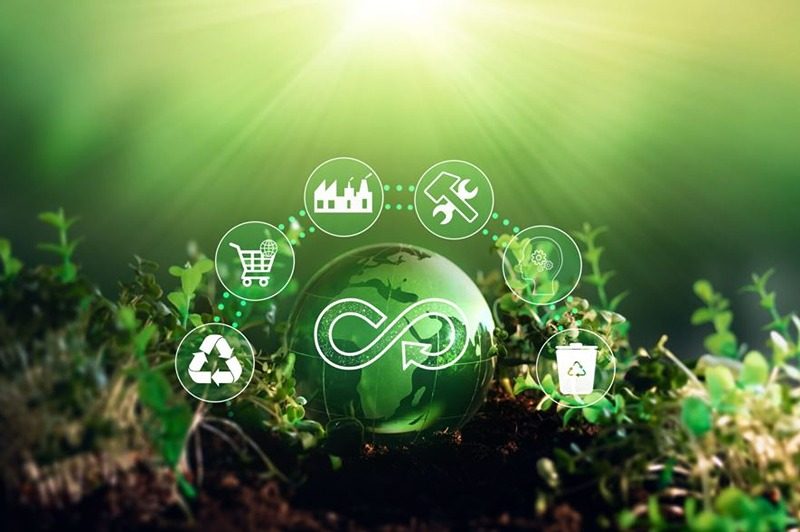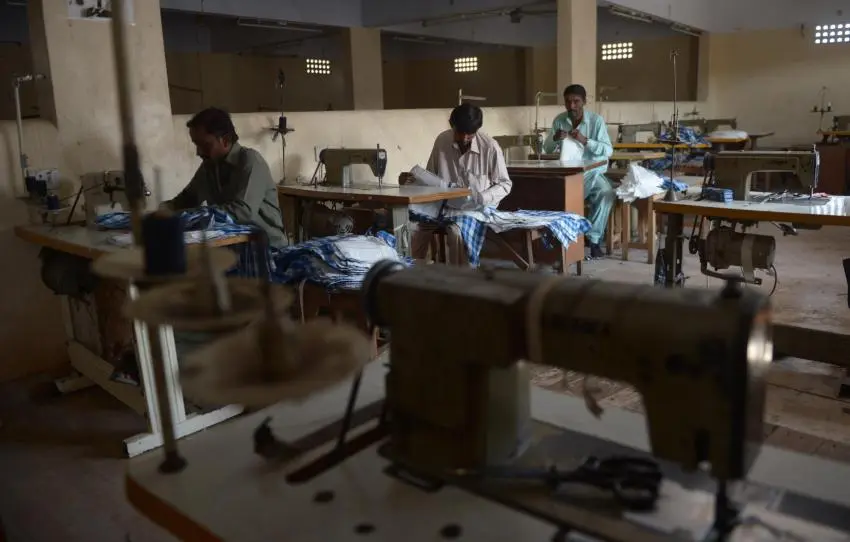Le fair trade is no longer confined to the food sector. The world of fashion, and more specifically the textile industry, is now taking inspiration from this practice to offer products where quality counts as much as the good cause. As a result, textile products are now attracting more and more labels from fair trade.
What is fair trade?
Social and environmental issues are at the heart of the fair trade.
On the one hand, it aims to establish a partnership commercial transparency and respect between buyer and seller. producer. To achieve this, it relies on a short circuit, while guaranteeing remuneration. fair at workers with a view to improving their living conditions.
On the other hand fair trade takes account of environmental issues. It says goodbye to intensive production and favours techniques that preserve biodiversity.
In other words, fair trade is a way of trading that is based on human values and adopts production methods that respect the environment.environment.
For workers
It's hard to turn a blind eye to the precarious working conditions in which textile workers find themselves. Between the staggering number of working hours, wages below the viable minimum and exposure to chemicals, workers often find themselves in endless misery. Of course, this is without
As well as the exploitation of children, which is unfortunately commonplace in this industry.
There is a tendency to think, wrongly, that the exploitation of labour in textile factories only takes place in poor countries. However, this deplorable practice is also widespread in other countries such as Canada, England and many others.
So how can we consume responsibly, without exploiting the workforce? That's where fair trade labels come in.
For the planet
The textile industry remains one of the most polluting sectors in the world, emitting over 1.7 billion tonnes of CO2 a year. Not to mention its immeasurable consumption of water, a major source of pollution. natural resource now rare and precious. Take jeans, for example. Since the cotton from its manufacture to its arrival in French shops, it consumes around 11,000 litres of water.
In addition, the degradation of water caused by excessive use of chemicals is not to be overlooked. Added to this is the pollution caused by the garment itself, releasing plastic micro-particles into the wastewater each time it is washed.
Finally, bearing in mind that a garment can travel up to 65,000 km during its manufacturing process, we can only imagine the ecological impact of transporting it.
As part of an ecological approach, the fair trade aims to minimise these negative repercussions.
Fair trade labels
- Global Organic Textile Standard : although the label's primary purpose is to highlight brands that use fabrics ecologicalIt also takes into account the working conditions of employees. producers and workers.
- Fair Wear Foundation : This label is intended for brands that make a real effort to create a caring partnership with their partners. It focuses in particular on the working conditions of workers in textile factories in developing countries.
- Max Havelaar / Fairtrade : This label is awarded to brands that spare no effort to improve the quality of their products. living conditions and working conditions producers. It also emphasises the non-use of toxic products.
- Ethical Trading Initiative : the result of an alliance of companies, trade unions and non-governmental organisations, it guarantees that a garment is the work of a free person working under legal conditions.
- World Fair Trade Organization : combating the injustice of conventional trade, it labels brands that do their utmost to help small producers. producers to get out of their unstable living conditions.
SubliSport: Synonymous with Quality, Ethics and Proximity
At SubliSport, our commitment Our commitment to fair trade is reflected in our ethical manufacturing practices in Portugal and Bulgaria. We are committed to :
- Ensuring ethical working conditions: Our factories in Portugal and Bulgaria are selected for their strict compliance with ethical standards, guaranteeing fair and safe working conditions for all employees.
- Promoting a Short Circuit : By choosing to produce in Europe, we are favouring a short supply chain that not only reduces our carbon footprint, but also encourages greater responsiveness and flexibility in production.
- Supporting the local economy: By working with local factories, we contribute to the economic development of these regions, supporting employment and local craft skills.
Our vision at SubliSport transcends the simple production of sportswear. We strive to build strong relationships based on trust and mutual respect with our partners, while offering our customers high-quality, ethical and sustainable products. By choosing SubliSport, you are opting for a brand that places ethics, quality and environmental responsibility at the heart of its identity.

